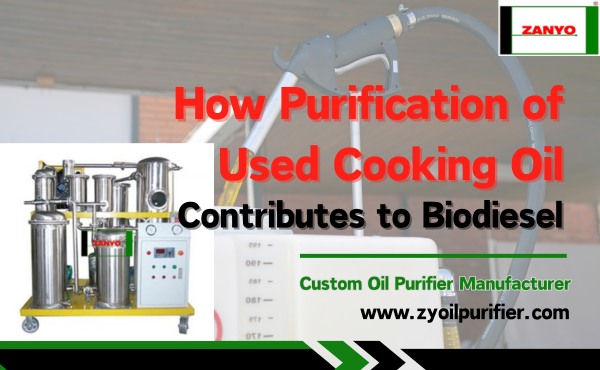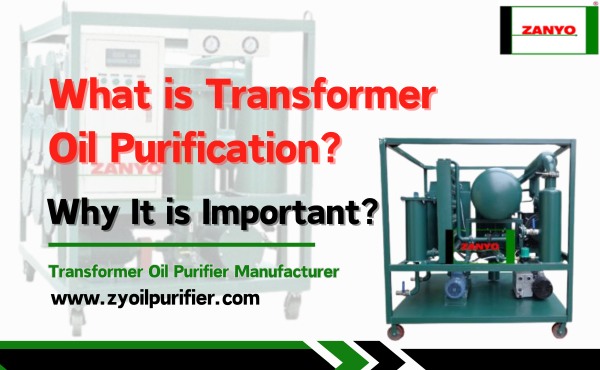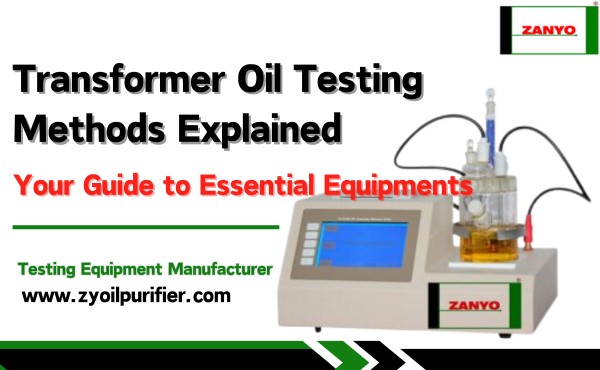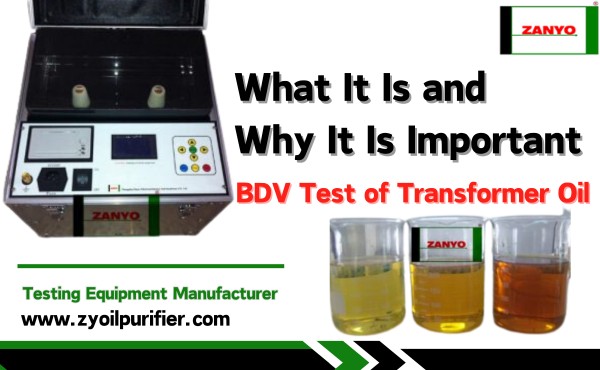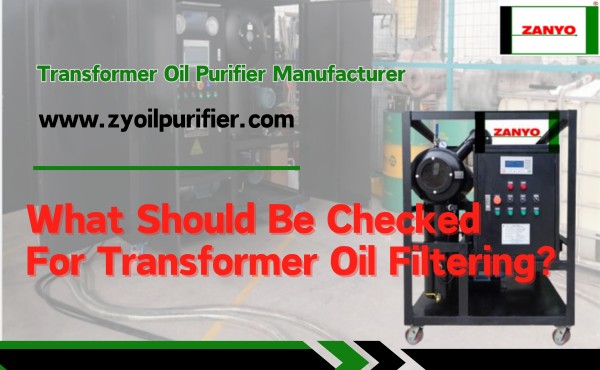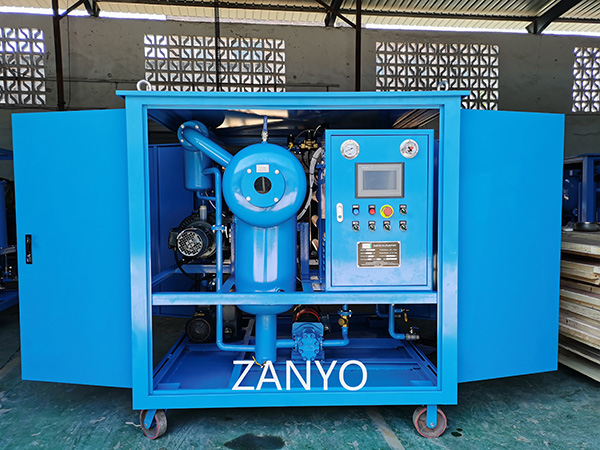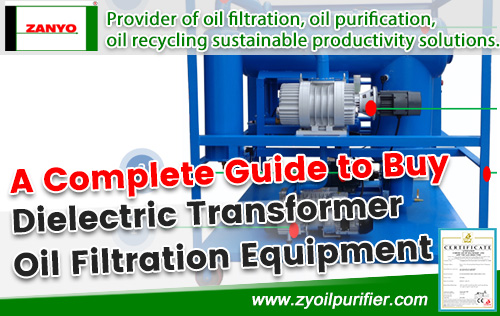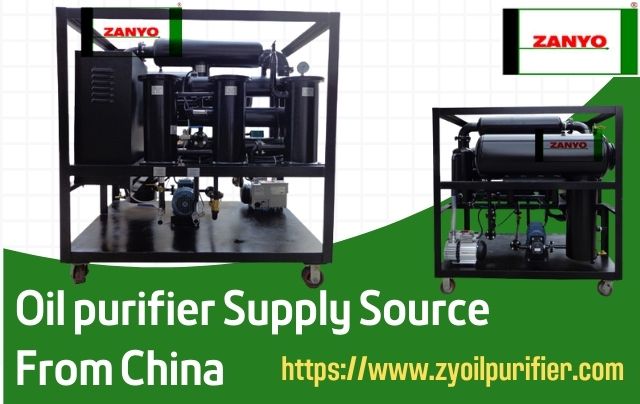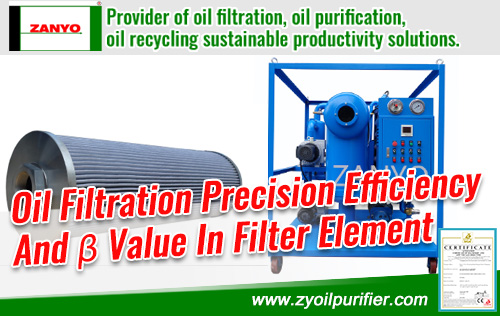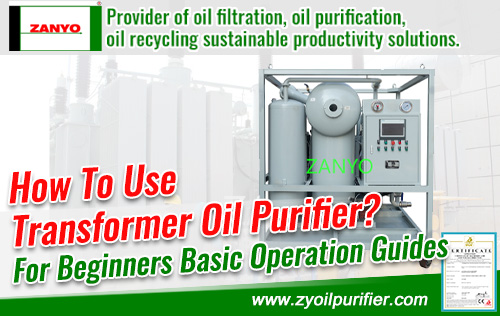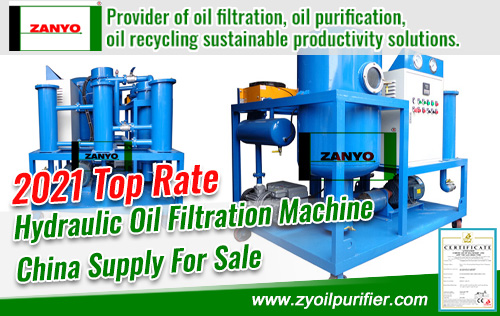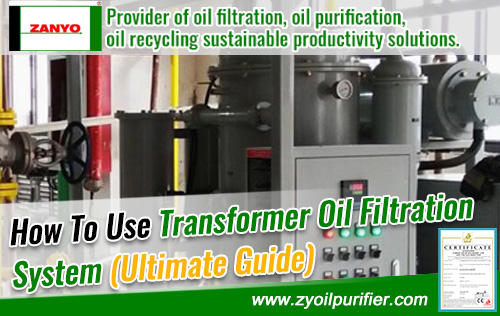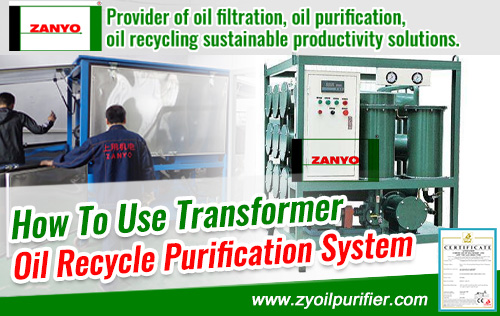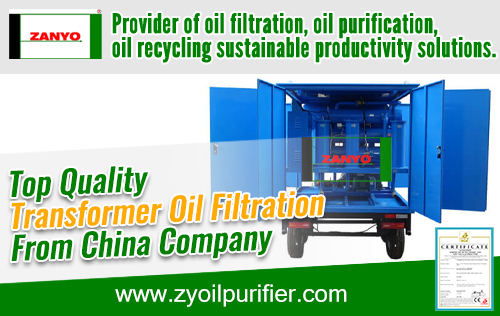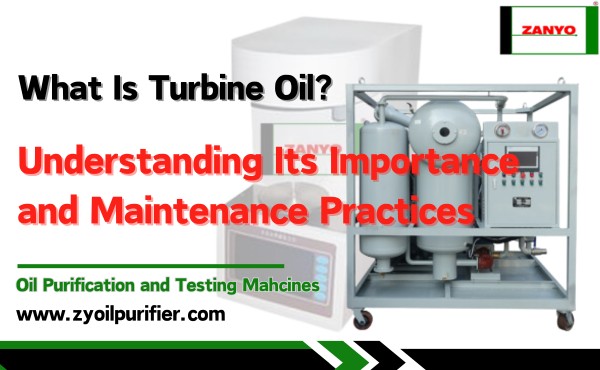Understanding Turbine Oil
What is Turbine Oil?
Turbine oil is a specialized lubricant designed to meet the demanding requirements of turbines used in industrial and power generation settings. It is formulated with high-quality base oils and advanced additives to ensure optimal performance.
These additives enhance oxidation stability, reduce wear, and improve the oil’s ability to resist contamination. The composition of turbine oil allows it to maintain its properties under extreme temperatures and pressures, making it essential for reliable turbine operation.
What is Turbine Oil Used For?
Lubrication to Minimize Friction and Wear
One of the primary uses for turbine oil is lubrication. It reduces friction between moving parts, preventing wear and extending the lifespan of critical components. This function is vital for both steam turbine oil and gas turbine oil, as it ensures smooth operation and minimizes mechanical damage.
Cooling to Prevent Overheating
Turbine oil also plays a crucial role in cooling. It absorbs and dissipates heat generated during turbine operation, preventing overheating. This cooling capability is particularly important in high-temperature applications, where maintaining thermal stability is essential.
Types of Turbine Oil
Mineral-Based Turbine Oils
Mineral-based turbine oils are derived from refined crude oil. They offer good lubrication and oxidation stability, making them suitable for many applications. However, they may require more frequent replacement compared to synthetic alternatives.
Synthetic Turbine Oils
Synthetic turbine oils are engineered for superior performance. They provide excellent oxidation stability, enhanced thermal resistance, and longer service life. These oils are ideal for demanding environments where turbine oil performance characteristics must remain consistent over time.
The Consequences of Neglecting Turbine Oil Maintenance
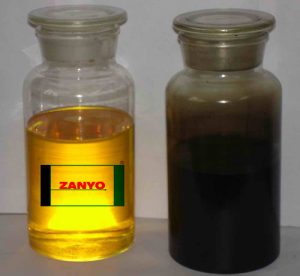
Increased Risk of Equipment Failure
Neglecting turbine oil maintenance significantly increases the likelihood of equipment failure. Turbine oil plays a critical role in reducing friction and wear on moving parts. When its quality deteriorates, it can no longer provide adequate lubrication.
This leads to excessive wear, overheating, and eventual breakdown of components. Contaminants such as dirt, water, or metal particles further accelerate this process. Equipment failure not only disrupts operations but also results in costly repairs and downtime.
Reduced Turbine Efficiency and Performance
Poor turbine oil maintenance directly impacts turbine efficiency and performance. Contaminated or degraded oil loses its ability to reduce friction and dissipate heat effectively. This causes turbines to work harder, consuming more energy to achieve the same output.
Over time, the reduced performance can lead to inconsistent operation and lower productivity. Regular monitoring ensures that turbine oil maintains its quality, which is essential for optimal performance.
Higher Operational and Repair Costs
Ignoring turbine oil maintenance leads to higher operational and repair costs. Degraded oil forces turbines to operate under increased stress, which accelerates wear and tear. This results in more frequent repairs and replacements of critical components.
Additionally, inefficient turbines consume more energy, driving up operational expenses. Investing in proper turbine oil maintenance reduces these costs by extending equipment lifespan and ensuring consistent performance.
Shortened Equipment Lifespan
Neglecting turbine oil maintenance directly impacts the lifespan of turbine equipment. Turbine oil plays a critical role in ensuring smooth operation and protecting components from wear and tear. When its quality deteriorates, the oil loses its ability to provide adequate lubrication and cooling. This accelerates the degradation of internal parts, leading to premature failure.
Best Practices for Turbine Oil Maintenance
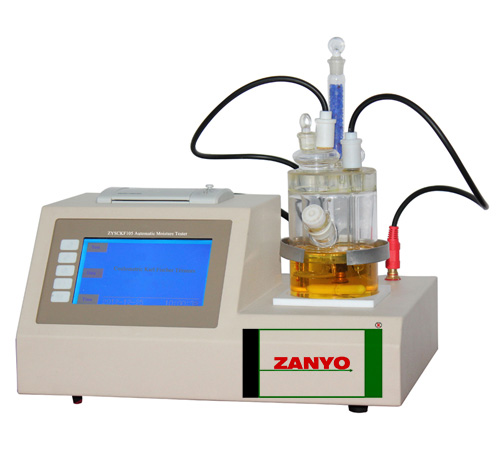
Regular Monitoring and Testing
Oil Sampling and Analysis Techniques
Regular monitoring ensures turbine oil remains effective. Sampling oil at scheduled intervals helps identify changes in its condition. Operators often use clean, sealed containers to collect samples from designated points in the system. This prevents contamination during the process.
Laboratories then analyze these samples to measure viscosity, acidity, and oxidation levels. Advanced techniques, such as spectroscopic analysis, detect trace metals or other impurities. These tests provide valuable insights into the oil’s quality and its ability to maintain turbine performance.
Identifying Contaminants and Degradation
Contaminants like water, dirt, and metal particles can degrade turbine oil. Identifying these impurities early prevents damage to turbine components. Operators use particle counters and water content analyzers to detect contamination.
Signs of degradation, such as darkened color or increased acidity, indicate the oil’s reduced effectiveness. Addressing these issues promptly ensures the oil continues to provide proper lubrication and cooling. This proactive approach minimizes the risk of equipment failure and maintains optimal performance.
Proper Storage and Handling of Turbine Oil
Proper storage and handling preserve the quality of turbine oil. Operators store oil in sealed containershttps://www.zyoilpurifier.com/centrifugal-oil-filtration-machine to prevent exposure to air and moisture. Containers should remain in cool, dry areas away from direct sunlight or extreme temperatures. During handling, using clean tools and equipment avoids introducing contaminants. Following these practices ensures the oil retains its properties, supporting consistent turbine performance.
Timely Replacement and Disposal of Used Oil
Replacing turbine oil at the right time is essential for effective maintenance. Overused oil loses its ability to lubricate and cool, which impacts turbine performance. Operators follow manufacturer recommendations to determine replacement intervals. Proper disposal of used oil is equally important. Recycling or disposing of oil in compliance with environmental regulations prevents harm to the environment. Timely replacement and responsible disposal contribute to long-term turbine efficiency and reliability.
Purification of Turbine Oil With Advanced Machine
Instead of discarding the oil once it has deteriorated in quality, investing in advanced equipment for purification allows the oil to be reused. This reduces the need for continuous purchases of new oil, aligning with sustainable development principles.
Advanced oil purification machines play a critical role here. These machines remove contaminants such as water, dirt, and metal particles that degrade oil performance. By restoring the oil’s properties, they help extend its service life and protect turbine components.
- Centrifugal separators spin the oil at high speeds, forcing contaminants to separate due to their density differences. This method ensures purification without altering the oil’s chemical composition.
- Another effective technology is vacuum dehydration, which removes dissolved and free water from turbine oil. Advanced machines also feature filtration systems that capture fine particles.
Investing in advanced purification systems ensures turbines operate reliably and efficiently, reducing downtime and maintenance costs.
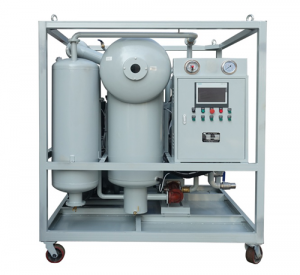
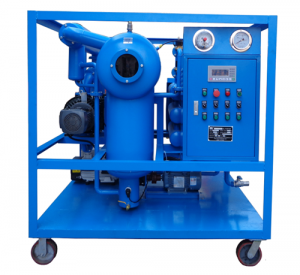
Partner with ZANYO for Reliable Oil Purification and Testing Solutions
ZANYO is a trusted manufacturer and supplier of high-quality oil purification and oil testing equipments, specializing in innovative solutions that help industries maximize the efficiency and lifespan of their oils.
At ZANYO, we understand that every business has unique needs. That’s why we offer customizable solutions tailored to meet specific requirements, ensuring optimal performance for your applications.
Our advanced oil testing equipments provide accurate, real-time analysis to help monitor oil quality, prevent system failures, and extend the life of your machinery.
By investing in our machines, you not only improve oil management and efficiency but also contribute to a greener, more sustainable operation. Our expert team is dedicated to providing comprehensive support and guidance, from installation to maintenance, ensuring your equipment performs at its best.

